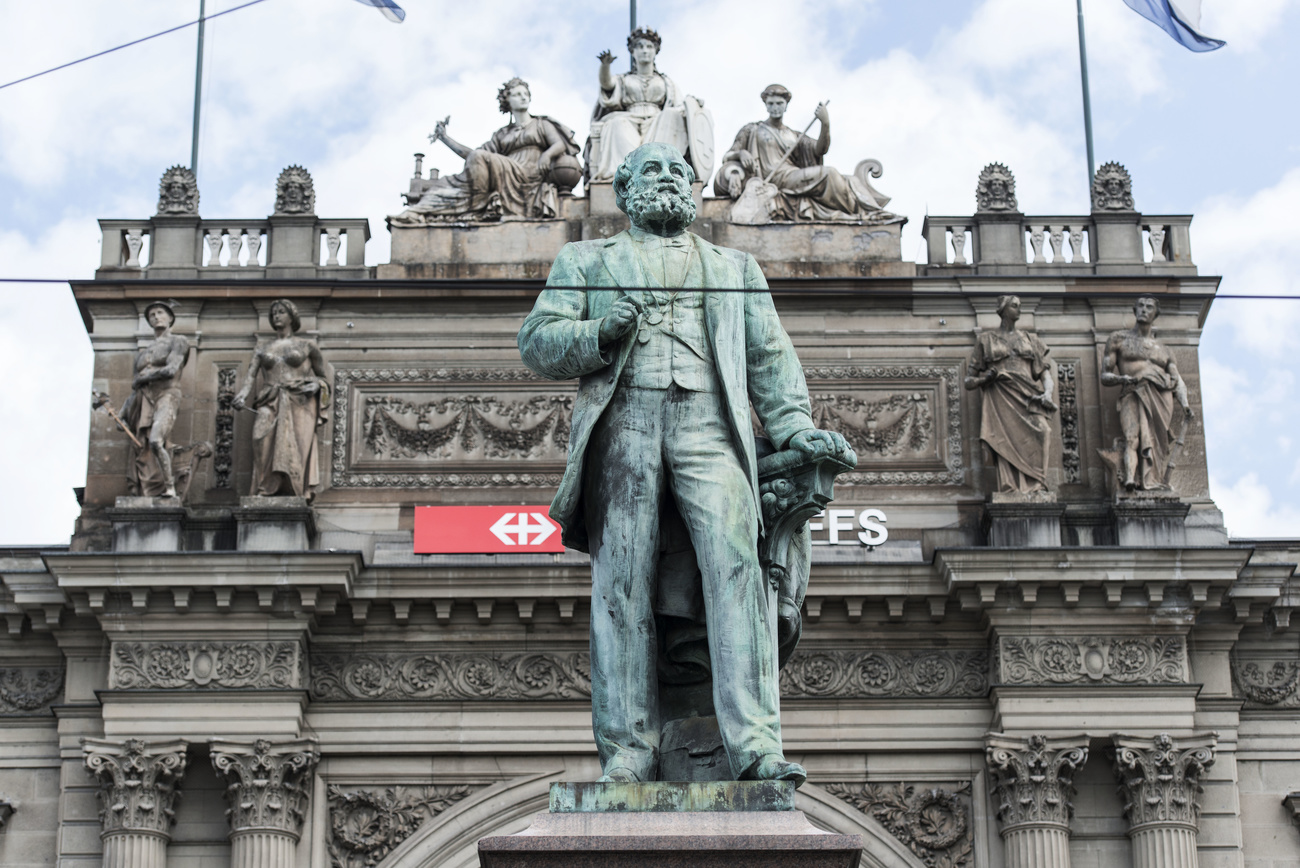
Zurich’s historical ties to slave trade are exposed

The city of Zurich made money with links to the slave trade in previous centuries, new research has revealed. The city authorities invested in a British slave trading company while a prominent family of industrialists and the textiles industry also benefited from the trade in Africans.
As a result, the city’s authorities are examining several statues to see if they are suitable monuments and are looking into ways to highlight its murky past.
The University of Zurich study highlights several investments, direct holdings and trade links between the Swiss city and slavery, mainly in the 18th century.
The city itself bought shares in the British South Sea Company that enslaved an estimated 36,000 Africans during the lifetime of the investment. The Swiss capital, Bern, also made such investments in C18th.
More
The purchase of Danish government bonds also helped to finance slaving operations in the Danish Antilles.
One of Zurich’s most famous industrial families, the Eschers, also have direct links to the slave trade. While there is no evidence of the involvement of its most famous son, Alfred Escher, other members of the family ran a coffee plantation in Cuba that held around 90 slaves.
This was not the only case of Zurich residents profiting directly from slavery, the university researchers said.
Several Zurich-based textiles factories produced goods that were routinely exchanged for slaves in Africa. Furthermore, the favoured cotton suppliers of these companies moved from the Ottoman empire to the United States, which notoriously used slave labour to harvest the crop.
“We must not turn a blind eye to the colonial past of the city of Zurich. The city now wants to examine how the topic can be made visible and memorable in a public space in a contemporary way,” said current Zurich mayor Corine Mauch.
The first results of this review should be made public in 2023.

More
Colonialism: How Swiss multinationals set their sights on the world

In compliance with the JTI standards
More: SWI swissinfo.ch certified by the Journalism Trust Initiative






























You can find an overview of ongoing debates with our journalists here . Please join us!
If you want to start a conversation about a topic raised in this article or want to report factual errors, email us at english@swissinfo.ch.